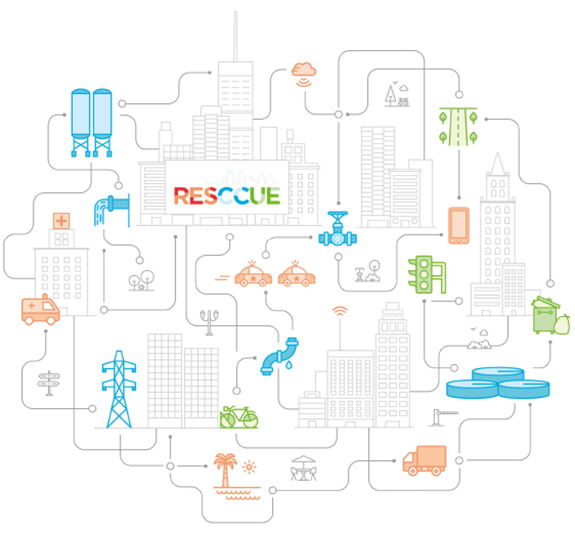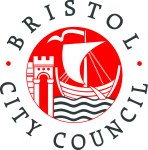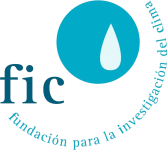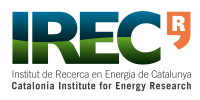


RESCCUE (RESilience to cope with Climate Change in Urban arEas—a multisectorial approach focusing on water) is Europe’s first large-scale innovation and urban resilience project, aimed to improve the capability of cities to anticipate, prepare for, respond to, and recover from significant climate-change related threats with minimum damage.
The RESCCUE perspective is a holistic one, which focuses rather on the interconnections than on separate city units of the urban infrastructure networks. To interconnect the several sectorial models, the project takes advantage of the proposed tools and methodologies.
The models and tools developed within RESCCUE to analyse urban resilience based on a multisectorial approach have been validated in three different cities, carefully selected by their representativeness of the European diversity in terms of climate type and city characteristics: Barcelona, Lisbon and Bristol.
Effectiveness when selecting adaptation measures is paramount. Although cost is an essential factor, many other elements may be involved in the selection of the most suitable measures for a city. A variety of climate adaptation measures are gathered here which collect the experience gained over the last years in the cities of Barcelona, Bristol and Lisbon.
Go to measuresAdaptation measures are not usually applied individually but jointly, under a specific adaptation strategy to deal with a particular threat. In order to define a strategy, adaptation measures are selected from the database or new ones can be created. These measures are individually ranked under 3 different criteria in a preliminary assessment. Additionally, a detailed assessment can be carried out to prioritize adaptation scenarios according to the effectiveness of the joint effect of sets of measures (i.e. adaptation scenarios).
Define which are the climate threats most relevant to your city, then create one strategy for each, one at a time. An adaptation strategy is composed by a set of measures intended to solve a specific climate-related problem. Measures are compared in the preliminary assessment while adaptation scenarios are in the detailed assessment.
You can either choose measures from the list provided here in the platform or create new measures specific for your city case study. The new measures can be kept private or public them for other users to be able to use them. Basic economic and efficiency information is required to tailor the measures to each case study. In addition, co-benefits scoring can be added for further assessment.
Once the information about the measures is compiled, the first ranking is available. Weighting of the prioritization variables (e.g. cost-efficiency and co-benefits) can be modified to meet your criteria. Downloadable graphs will be available
If you have further information and details about the impacts of the selected measures in your city, it is possible to extend the assessment by defining further criteria to assess their suitability. For example, you can introduce avoided or expected annual damage, or number of citizens impacted as variables.
If you find it useful for your city case study, you can create adaptation scenarios by gathering sets of measures and compare them. stakeholders and experts usually find interesting to compare the impact of different combinations of measures, so they can better understand the potential results of different policies. The results of the prioritization will show, considering the new criteria defined by you. As in the preliminary assessment, weights of the variables can be modified, and graphs can be downloaded.
Prioritization results of the adaptation strategies will be shown and you will be able to choose the results’ order and download all the data. This will help decision-makers to take better informed decisions to improve the resilience of your citiy!
The RESCCUE partners can be your strategic team to help you make your city resilient to climate change:

















